Updated 2025
Netherlands Travel Stories
My Netherlands travel stories begin on my inaugural Dutch travel adventures in 2018 and continue the following year on a BeNeLux solo adventure. The stories intersect with global history and culture and I have an interesting experience having “ohhh!” moments during my travels.
I am in such awe of The Netherlands: a small country with significant impact – positive and negative – on all corners of the globe, and still influencing history and culture today.
On my second solo trip to The Netherlands, I get the bright idea to seek out little known (mostly to me!) Netherlands travel stories and “firsts” when I discover on a day trip to Keukenhof that tulips are not originally Dutch. Quelle horreur! *it’s French, I know*.
My discovery unearths a number of fascinating “firsts” most people do not know of and it is interesting to realize the Dutch scope of influence over centuries. Enjoy these Netherlands travel stories curated during my Dutch travel adventures as I enjoy discovering them myself.
RELATED: Amsterdam Culture Sprint in 48 Hours
Netherlands Travel Stories
#Tulips of Keukenhof
Yes, you read right.
The world famous tulip bulbs of The Netherlands is not originally Dutch; it is, in fact, Turkish! I learn this on an Amsterdam canal cruise recounting the history of the city and The Netherlands, and I am floored. How am I just knowing of this, as an avid bookworm and lover of history and culture?
Fast forward to my second Amsterdam travel where I am fortunate to experience the tulips of Keukenhof on a day trip from Amsterdam. Even though I lack a green thumb, Keukenhof is high on my Dutch travel adventures list and I don’t miss the opportunity to experience this sight.
Back to how the tulip becomes Dutch: it goes that in 1594, Clusius receives tulip bulbs from Turkey which he plants in the garden of Leiden University and when they bloom, they become so popular that they induce the first recorded economic bubble!
But how Turkish was the tulip prior to its export to The Netherlands?
The tulip bulb we know was originally very high class in its native Turkey where the period between 1718-1730 was known as the Tulip Era, an era of peace and enjoyment.
Tulips are so common within the Turkish lifestyle that they are embroidered into clothing, woven into carpet, painted on tiles and tapestries and incorporated into folklore. The end of this peaceful era comes in 1730 with a revolt.
Fun facts About Keukenhof
- Keukenhof means kitchen garden and is so-called because Countess van Bieren gathered food from the gardens for her castle way back in the 15th century.
- Keukenhof became a collective of tulip farmers collaborating to create a permanent tulip exhibition that opens in 1950 and becomes a global attraction. Tulip bulbs hold value in The Netherlands as half are for export with the other half re-planted in October to bloom in time for the next Keukenhof show between March and May.
- The Netherlands produces 3 million tulip bulbs of which 80% is for export. This explains the tulips I see in New York City in the spring.
Tulips are considered the “King of Bulbs.”
Netherlands Travel Stories
#Economic Bubble – Tulipmania
Remember how popular tulips are in Leiden and all over The Netherlands? This petal popularity leads to an economic bubble in an era where they do not exist. What a concept to unintentionally create!
How did tulips cause an economic bubble in the 17th century?
Tulip bulbs are so popular with certain bulb varieties costing a fortune that they become legal tender with some “smart” folks exchanging one tulip bulb for a whole house! With what we know of markets today, it comes as no shock when speculations rise, the bubble bursts, and people lose assets in the winter of 1637.
This historic event is known as Tulipmania.
Alas, one of the unfortunates is the Mayor of Amsterdam, who loves tulips so much that he changes his name from Pieterszoon to Dr. Tulip. Talk about Tulipmania!
Fast forward a couple of centuries, some financial historians dispute the stories of rampant bankruptcies, suicides and fall of the Dutch Republic relating to the tulip crash, by saying that only the wealthy participated in tulipmania and could weather losses until bulbs bloomed in spring and they got paid, thus resuming the cycle.
We have the Dutch to thank for starting the first economic bubble that I learn about on my Dutch travel adventures.
Netherlands Travel Stories
#Clocks
The Dutch invented clocks?!
Well, they invented wall clocks, pendulum clocks, turret clocks, and even the mechanics within them.
How do I discover this? Read on for this interesting Netherlands travel story.
I take a day trip to the Dutch countryside of Zaandam, Zaanse Schans, and Volendam, and it is while wandering Zaanse Schans that I see the cutest building ever that is typical of The Netherlands and its stunning architecture.
This building happens to be the Zaanse Schans Clock Museum that grants free entry with an iamsterdam card and you know how I cannot pass up a museum. I enter a cramped space full of clocks and their histories to learn about the firsts that this town spawns over the centuries.
Pendulum Clock.
A scientist, Christiaan Huygens, invents the pendulum clock in 1656 and a couple of years later, Kornelis Volger, Zaanse clockmaker starts mass-producing pendulum clocks for domestic use. Entrepreneurs in the Zaanse area create cheap clocks for market thus inventing the famous Zaanse clock.
Wall Clock
Another famous Dutch invention is the wall clock, said to have been invented prior to the pendulum clock. The wall clock is so well crafted with birdcage movement that it is very expensive in its time. Add to it pendulum movement and music, it is a unique sight to locals at the time.
Foliot and Balance Wheel
The mechanical clock, where these cogs and wheels feature, is introduced in the 13th century to churches and monasteries. They are powered by weights and coiled spring and the dial has only an hour hand. The oldest example of a foliot and wheel mechanical clock is the tower clock at the Salisbury Cathedral, England.
Netherlands Travel Stories
#Windmills
In 1592, a farm boy called Cornelis Cornelisz, invents a wood-sawing windmill, which he sells to a Zaandam miller. The Zaanse area is already booming with the timber industry and this unique invention helps in simplifying the labour-intensive work that is wood sawing.
Thus, you can imagine the wealthy entrepreneurs that show interest in this new-fangled invention. They form a cooperative to improve the mechanics and development of the windmill and from there, spawn the creation of hundreds of Zaanse windmills.
Stock Market
#VOC Dutch Trading Company
The Verenigde Oost-Indische Compagnie (VOC) or Dutch East Indian Trading Company, was founded in 1602 at the beginning of the Dutch Golden Age.
In the 17th century, the Dutch flourish in seafaring, spice trade from Africa and Asia, and art, to the envy of their rival European brethren.
Since seafaring is a treacherous occupation – enslavement and colonization of land and people was oftentimes fraught with piracy, diseases, and loss – the VOC offers to spread these commodity risks for its wealthy patrons.
They offer noblemen the opportunity to buy a part of an expedition instead of funding the whole thing, to minimize risk in the event of losses. That way, the nobles’ investments are still recouped with the high demand for spices and produce from pillaged regions.
Enter… the stock market!
This Netherlands travel story reminds me of exchange traded funds (ETFs) where you buy a “basket” of variety stocks instead of risking all on a single stock. In fact, a good financial advisor will advise on ETFs instead of single corporation stocks.
You can imagine the fortune the VOC generates with noblemen financing their expeditions and reaping dividends in return. One can even argue that the idea of a diversified portfolio starts from The Netherlands!
For example, the VOC trades heavily in Java (the name for Indonesia at the time) spices, they touch Papua New Guinea, “discover” New Zealand – pretty sure the Micronesian population were already present – and definitely transport enslaved Africans from West Africa to Dutch Guiana (Suriname) and the former Netherlands Antilles.
Netherlands Travel Stories
#New Zealand
Throughout my Dutch travel adventures, I see the word “Zeeland” referring to a province bordering Belgium that is sparsely populated but I do not actively connect it with anything.
So, imagine my surprise when I read on one of many museum tours that New Zealand was “discovered” by a Dutch seafaring captain.
As with most colonized regions, native people are present when the first European, a Dutch captain named Abel Tasman, “discovers” what we know now as New Zealand in 1642. Even though he is the first European to see it, he doesn’t land on the island but charts its coast. James Cook is the first European to set foot ashore New Zealand in the 1760s.
Netherlands Travel Stories
#Bonus “First”
There is a Mauritshuis House in The Hague and I have the same idea as Zeeland and wonder if the Dutch have anything to do with the island of Mauritius. Apparently, they do! The Dutch discover Mauritius in the 1590s but abandon it in the 1700s.
An aside: Mauritshuis House has permanent displays of famous art from the Dutch Golden Age including the Anatomy Lesson of Nicholas Tulp. Remember him? He’s the Mayor of Amsterdam that lost money during Tulipmania.
Last Word
I thoroughly enjoy discovering and devouring these Netherlands travel stories from the inventions of Zaanse Schans windmills and clocks to the European “discovery” of two islands.
There is much to see and experience in The Netherlands beyond Amsterdam and I get ideas of Dutch towns to explore and enjoy from iamsterdam.
If you’re a history buff like me, book museum tours like this Red Light Secrets one, go on guided tours like this scenic day trip Giethoorn boat tour, and partake in culture, like this Dutch waffle syrup making workshop. You’ll be surprised at the little known stories and the number of artifacts that we attribute to one country that belong to another, like tulips.
Musings and Adventures is a participant in Get Your Guide travel program to provide us some earnings. Please click, share, book, and purchase to support xx
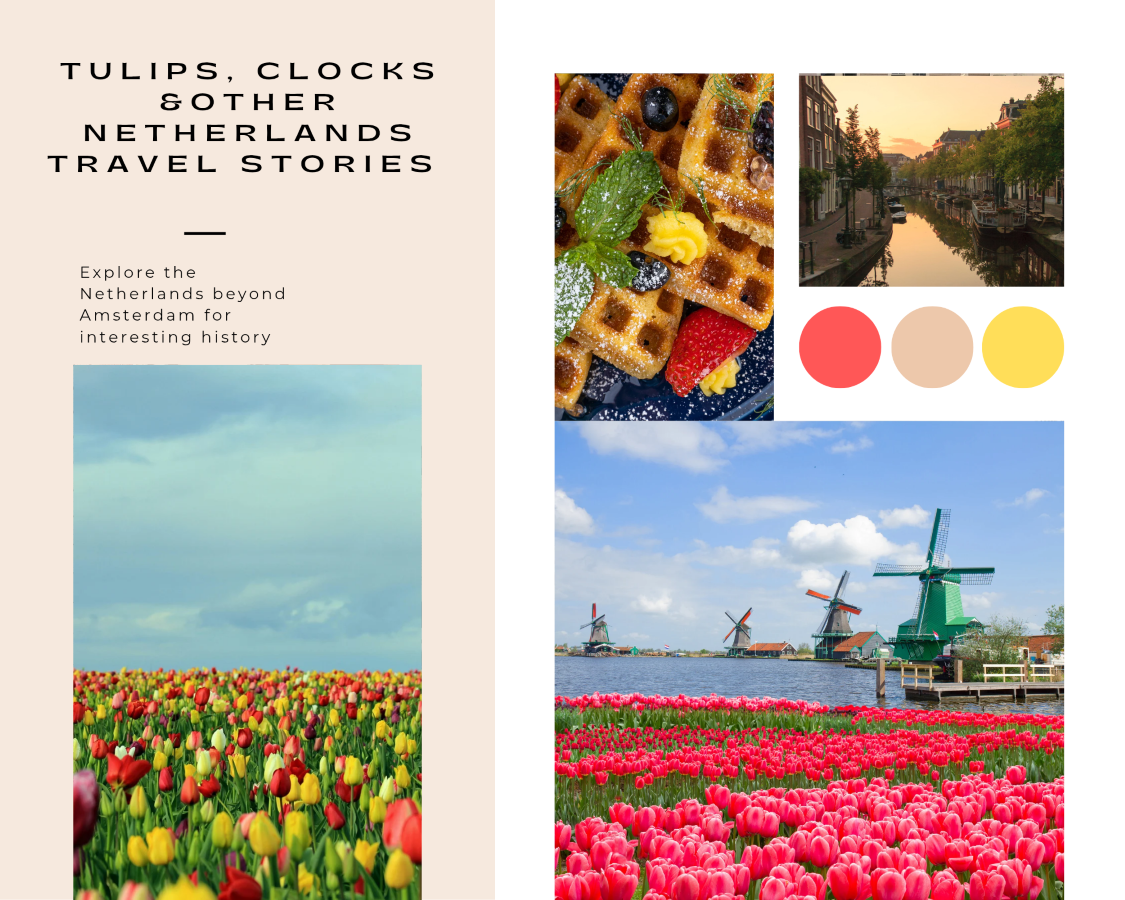
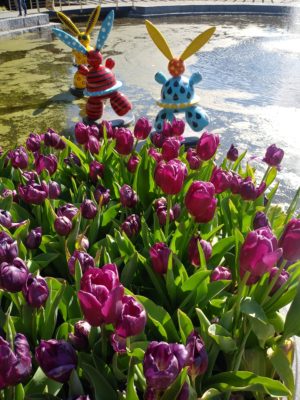
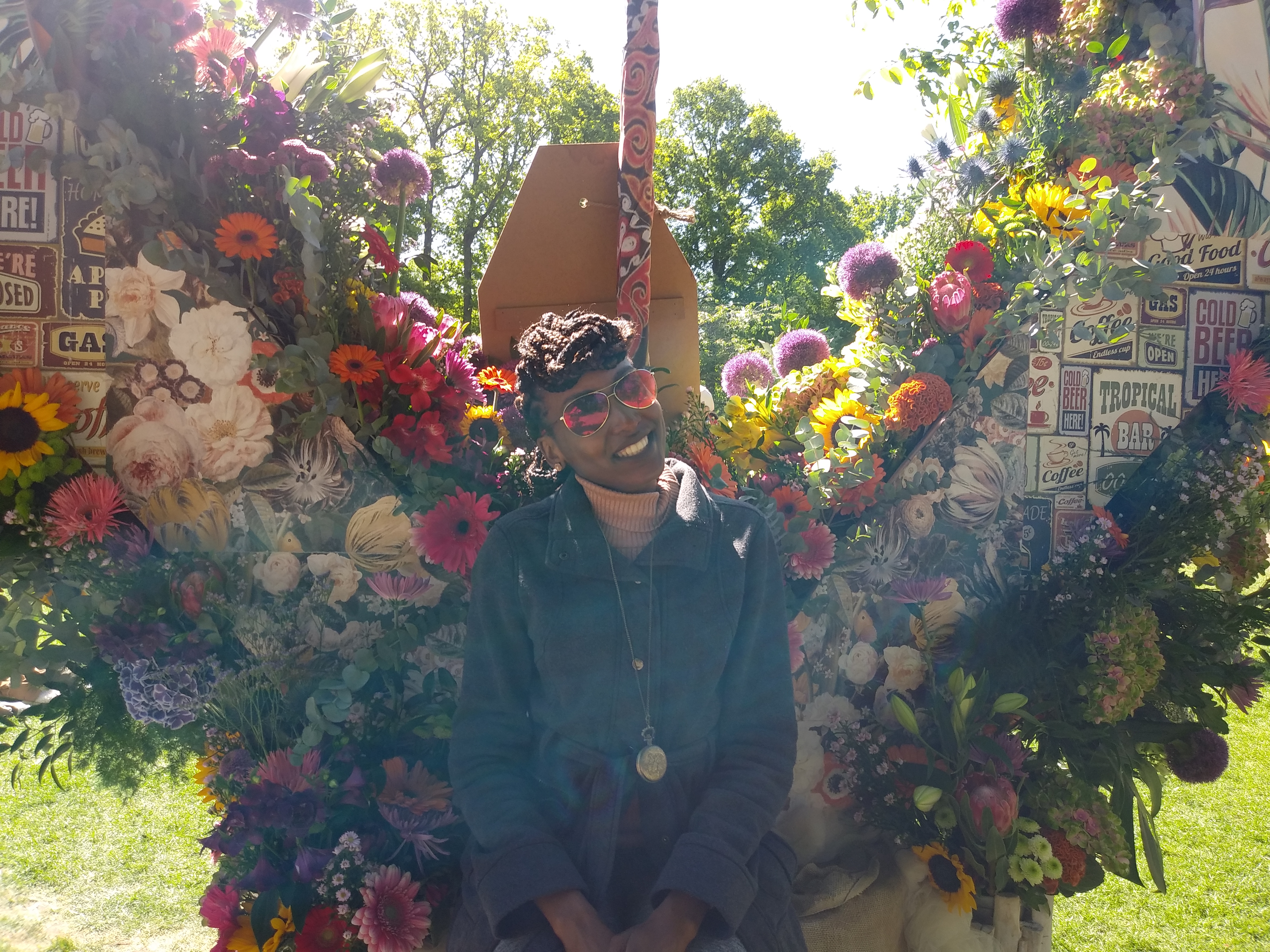
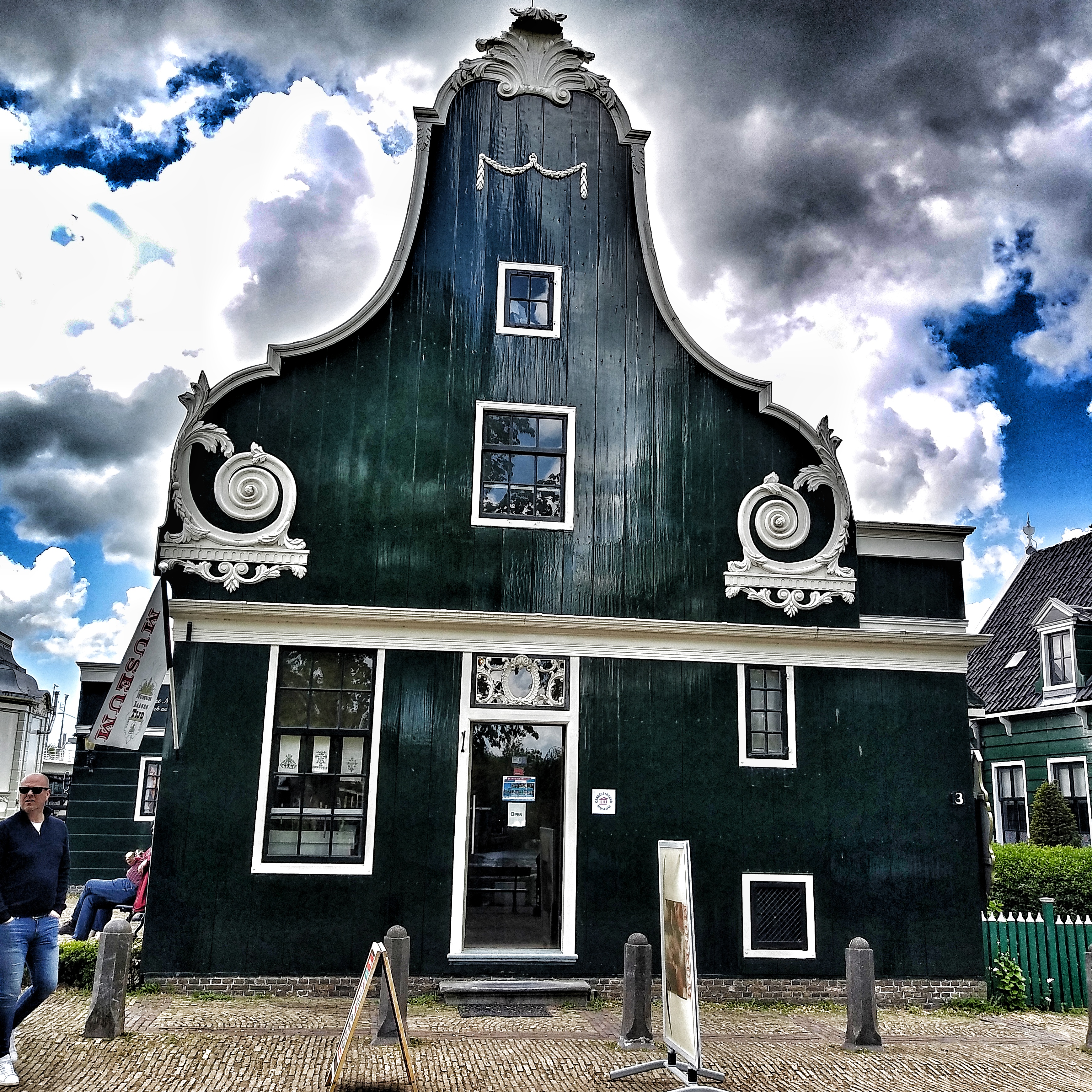
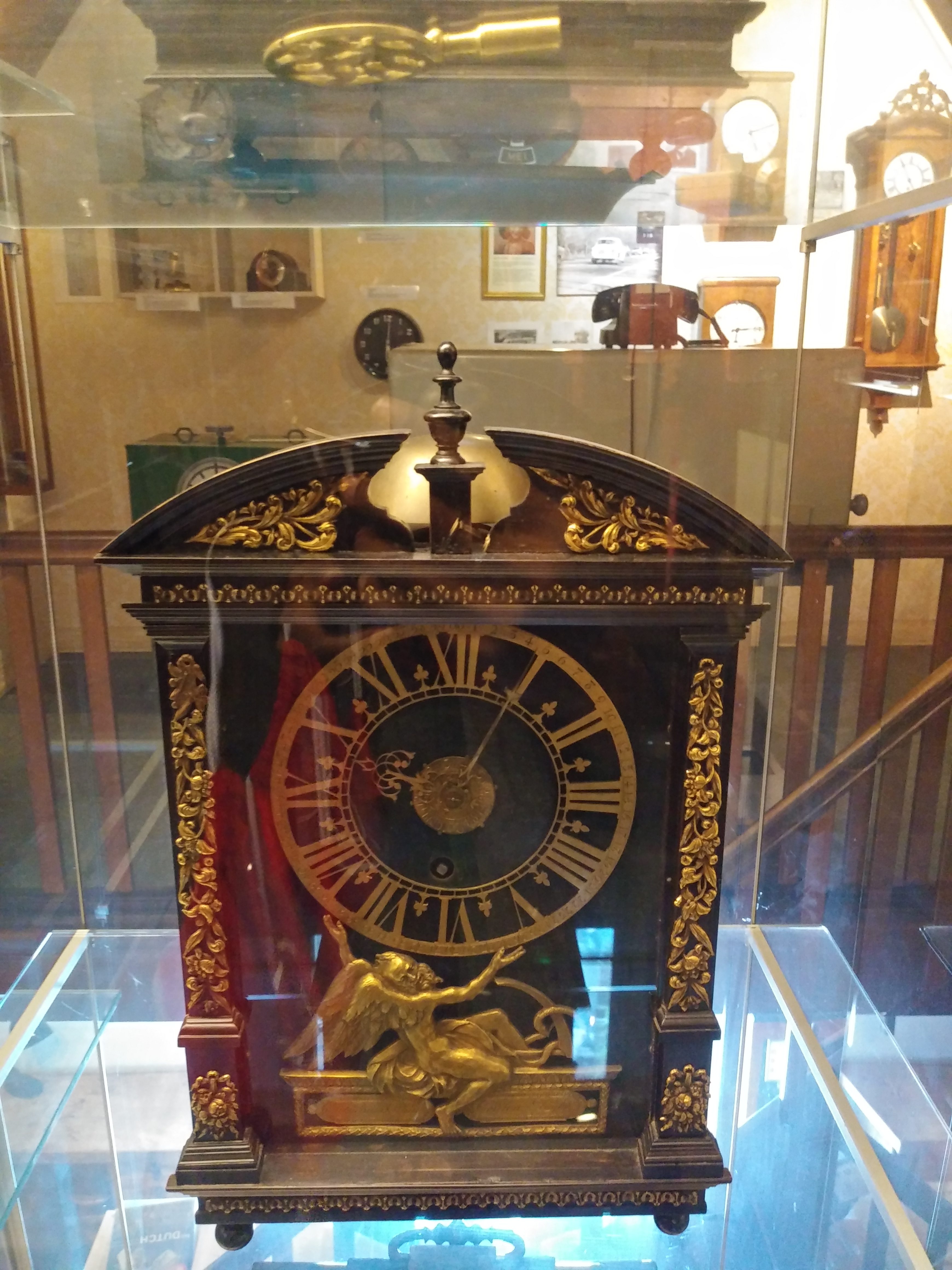
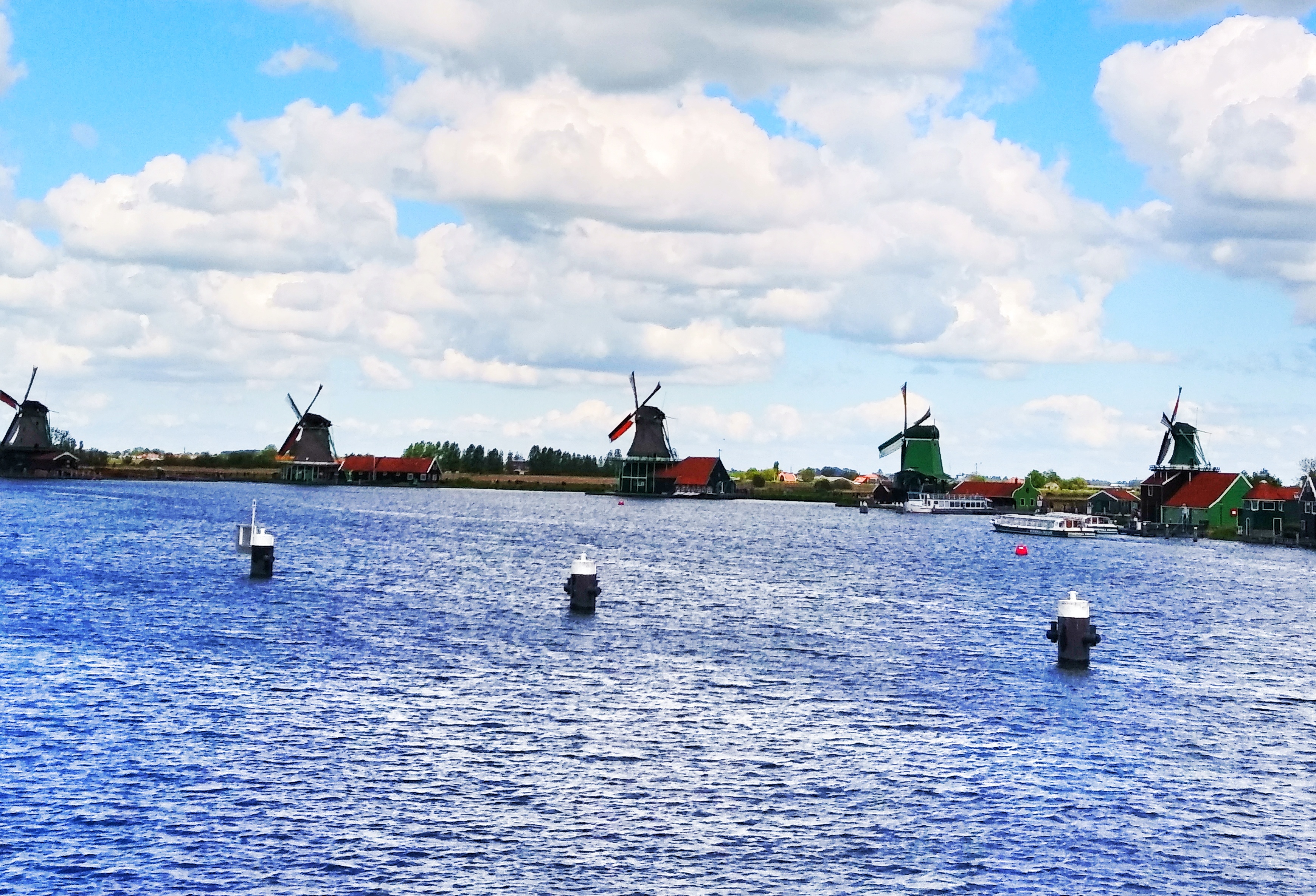
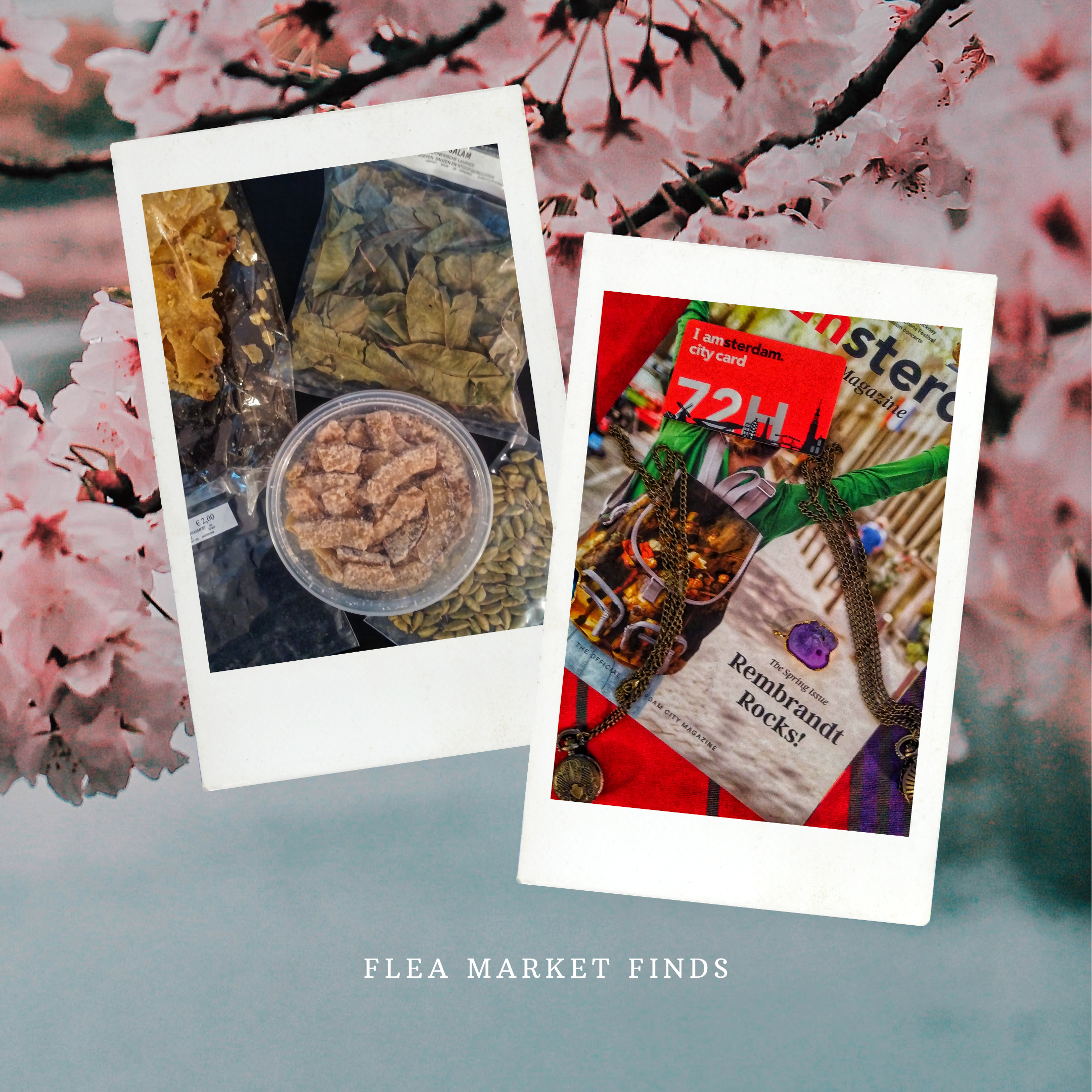
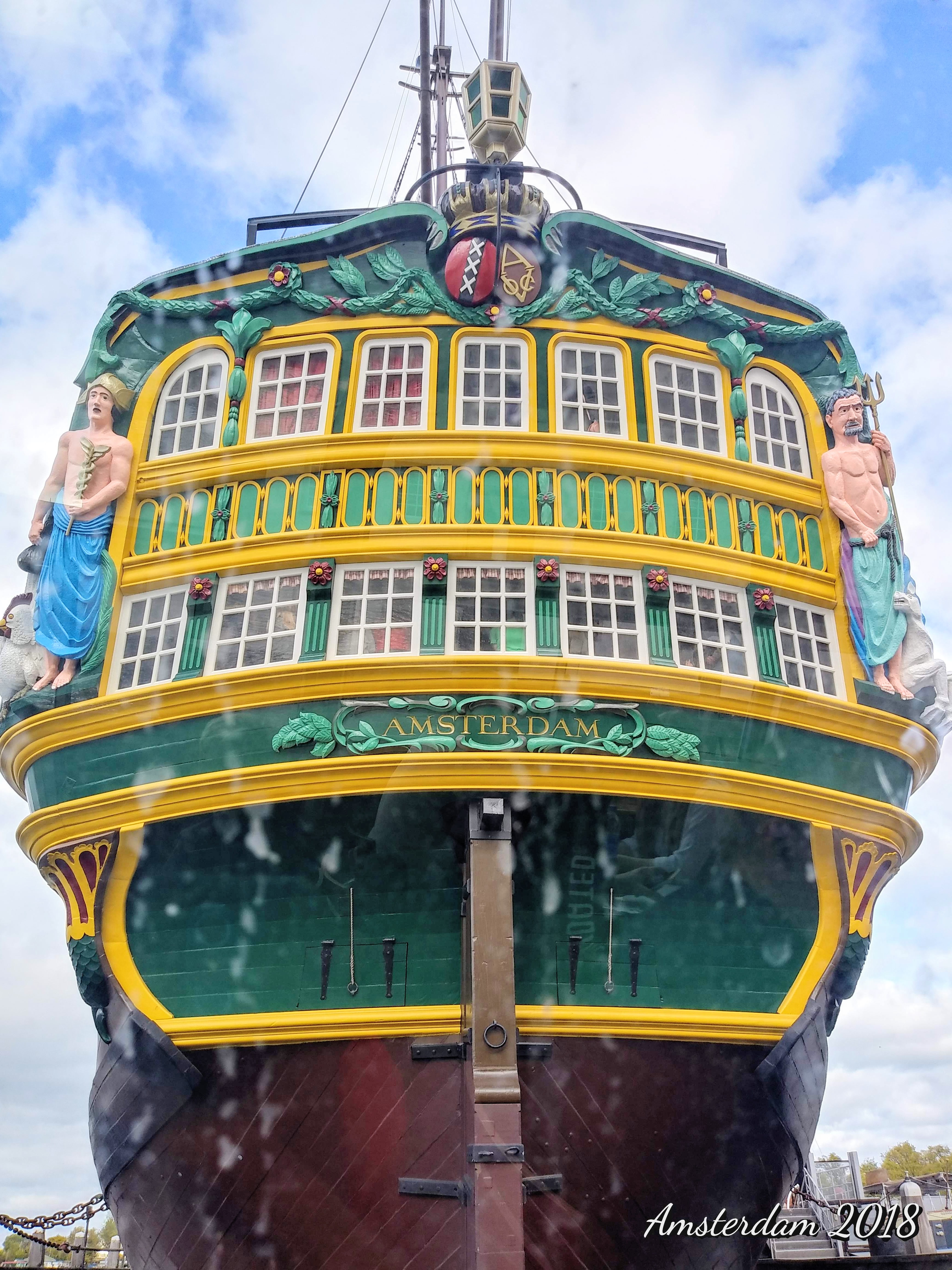
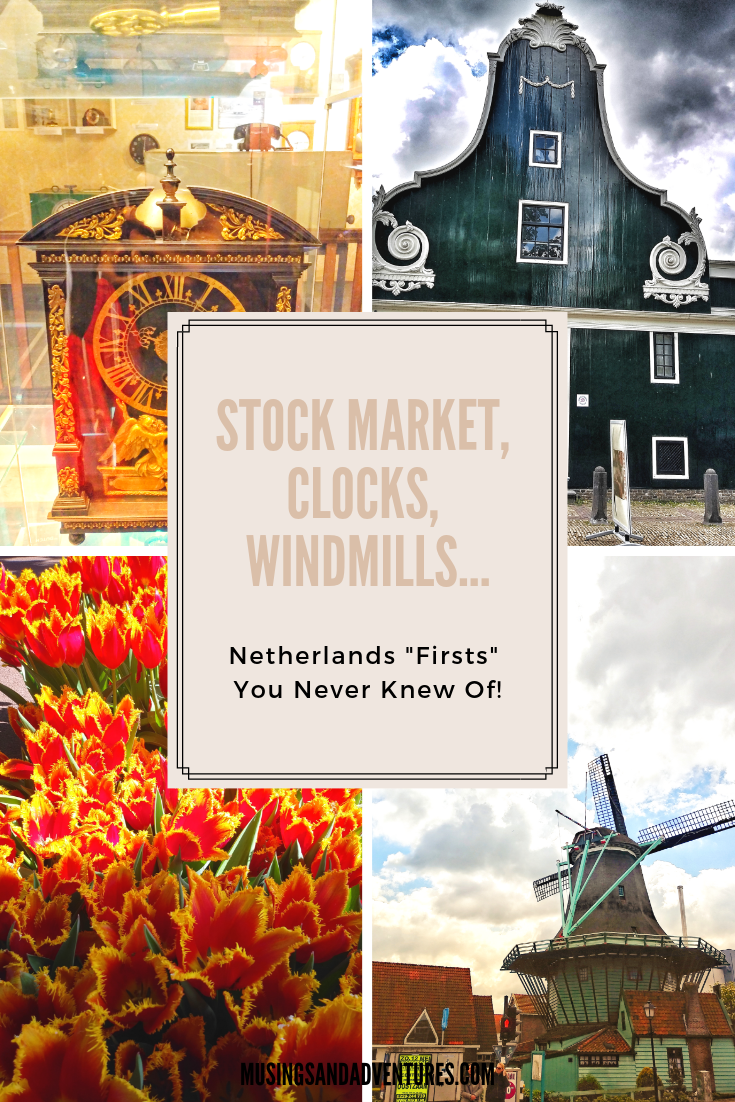
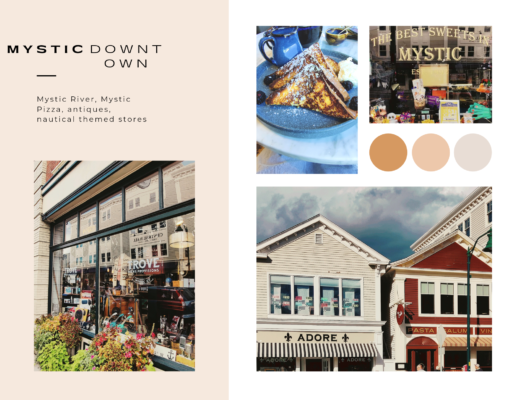
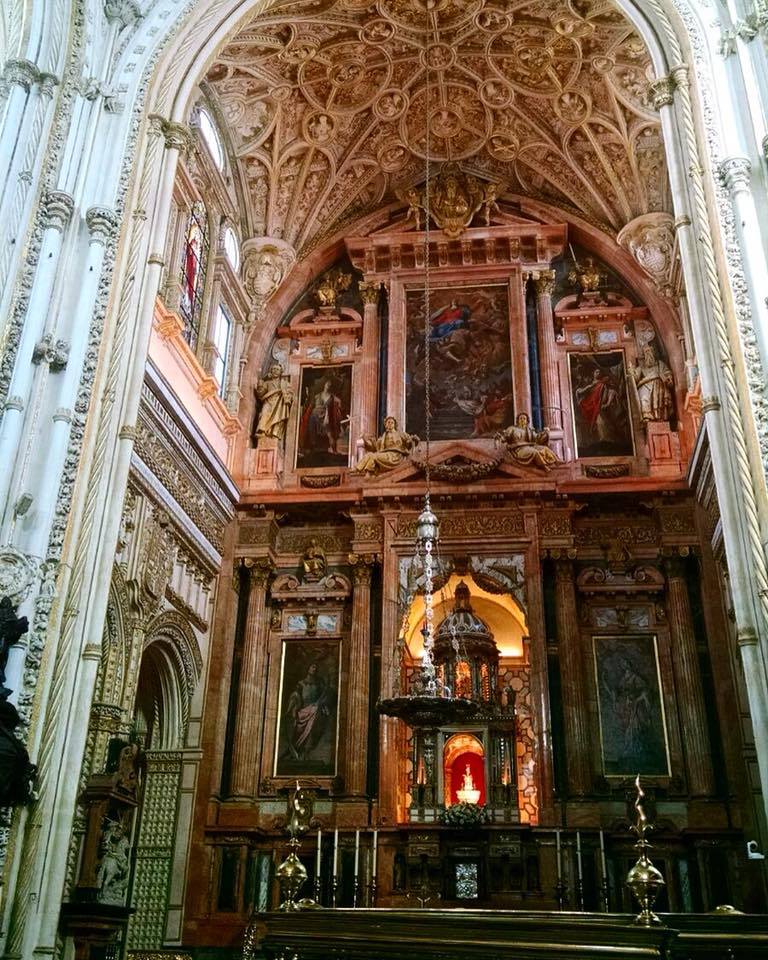
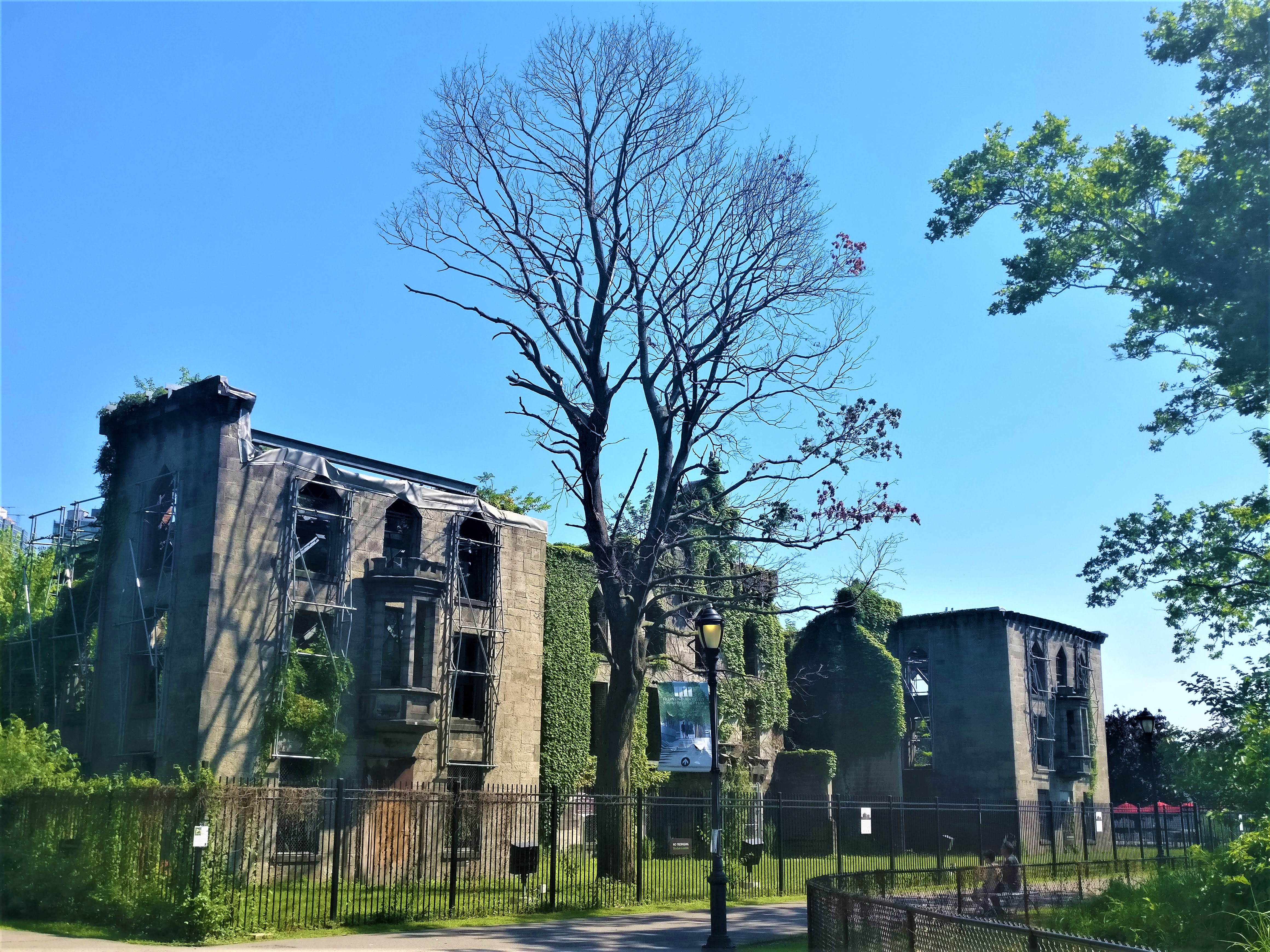

52 Comments
joy
July 8, 2019 at 12:08 amturkish? my gosh. what a fascinating and completely surprising detail about the famous tulip being TURKISH! I didn’t even know there were turkish tulips. fascinating!!
Joy at The Joyous Living
admin
July 9, 2019 at 10:42 pmYou and me both, Joy! Imagine me reading it there and gasping all over the place. It never even occurred to me that they were anything other than Dutch!
Michael
July 8, 2019 at 11:53 amYou just made me want to visit the place more. This is in my bucket list so hopefully sooner or later that dream becomes a reality.
admin
July 9, 2019 at 10:41 pmAmen, Michael. You shall get to go.
Kristine Nicole Alessandra
July 9, 2019 at 6:34 amThat clock is a masterpiece! The Dutch were great inventors! I wish I could find a way to visit the Netherlands to experience the culture and their beautiful country!
admin
July 9, 2019 at 10:41 pmYou can find affordable tickets to Amsterdam, Kristine. Best times are in spring and late fall as flights and hotels are way less expensive. Look on the Booking map on the post and see what hotels cost for fall or winter.
Polly
July 9, 2019 at 1:42 pmWhen I first heard about the Tulips of Keukenhof, the world’s most beautiful spring flower garden. I heard it’s more than 7 million flower bulbs are planted in there every year. I’ve added it to my bucketlist! I didn’t know much about the history so this is truly a good read. It’s the first that I’ve read about Zaanse Schans Clock Museum, and I would like to visit too someday! Thank you for sharing this with us. <3
admin
July 9, 2019 at 10:40 pmThanks Polly! You should visit Keukenhof one day, It’s truly spectacular!
Agnes Dela Cruz
July 9, 2019 at 10:26 pmI am so way behind vacation and if time and money permits I would definitely go to this place to experience all the things you listed here.
I love the flowers!
Viano Dee
July 10, 2019 at 3:21 amTulips are beautiful. Wait! What? The Dutch invented clocks? Never knew. Never even questioned it because it never crossed my mind. Great info.
admin
July 10, 2019 at 3:27 pmRight!? A lot of things we don’t question because they’re just…there , and have been way before we were around. Amazing, right?
pooja Malkani
July 10, 2019 at 7:15 amWow! I wish I could visit Netherlands soon. I have heard it is an amazing place. I have never heard of Zaanse Schans windmills and surprising are the clocks. Amazing place to be
admin
July 10, 2019 at 3:20 pmThe windmills are very instagrammable lol. Everyone who goes here or to NL in general has to take some windmill photos. The clocks surprised me too.
maysz
July 10, 2019 at 10:15 amWow such a nice view and I love the Keukenhof tulips so beautiful and I really love to visit this place someday!
aisasami
July 10, 2019 at 4:50 pmI have heard that The Netherlands are famous for tulips. I think there are even tulip gardens here in Japan (as The Netherlands came to trade in the early 1600s) that is dedicated to the relationship between the two countries.
admin
July 10, 2019 at 4:59 pmOh really!?? See? I didn’t even know that! Something to experience and research when I go to Japan one day. Thanks for this fascinating tidbit.
coollife
July 25, 2019 at 2:42 pmKeukenhof tulips is a nice place to be thanks for sharing
thesharonkay
July 25, 2019 at 2:53 pmWho knew? So many interesting facts! It’s unreal how much we think we know about something (like tulips being Dutch) and then find out we were totally wrong. Thanks for the info and for wetting my appetite to visit The Netherlands.
admin
July 26, 2019 at 5:26 pmYou’re welcome and thanks for reading.
Samantha Donnelly
July 25, 2019 at 3:16 pmI love the Netherlands and have had many a long weekend there, I love the tulips and there vast amount of museums this has made me want to visit again x
admin
July 26, 2019 at 5:25 pmI’m in love with Amsterdam and so want to return or even live there a while.
Kayla
July 25, 2019 at 5:41 pmI love the tulip fields in the Netherlands! I never knew they originated in Turkey! Great info!
Ritu Sharma
July 25, 2019 at 7:10 pmTulips has been on my bucket list for so long. Maybe this is the summer we can finally go.
Jaana McEntee
July 25, 2019 at 10:49 pmThese famous tulips! 🙂 Beautiful place, fantastic photos, makes me want to go there..
admin
July 26, 2019 at 5:25 pmThanks! 😉
Karla
July 26, 2019 at 12:10 amI love tulips! It’s actually one of the most expensive flowers here in the Philippines. Your story about Tulipmania is interesting! It made me research more haha!
admin
July 26, 2019 at 5:24 pmWow! Most expensive in PH?? I guess it never lost its value over the centuries lol
Liz Bayardelle
July 26, 2019 at 3:47 pmThis was such a fun post to read! I had no idea Tulips were originally Turkish! So great to see more of the “stereotypes” about a place explained.
admin
July 26, 2019 at 5:23 pmI enjoy finding out such histories too!
Dalene Ekirapa
July 26, 2019 at 10:03 pmI attended a Turkish expo and it’s amazing how their tulip embroideries are well done and all over. That’s such a beautiful custom they have there. Anyway, I would love to see large tulips fields…hopefully someday. And also, the cargo ship would be a wonder!
admin
July 27, 2019 at 1:08 amSee? The whole tulips are Turkish is still laying me out because never would I have imagined it. Amazing what you learn in travel.
Brian
July 27, 2019 at 12:46 amNice to read about the first country I ever visited outside of North America. What sounds better? New York or New Amsterdam?
admin
July 27, 2019 at 1:07 amLols New York just rolls pretty off the tongue. For a city that was once New Amsterdam, why don’t we have canals? hmmn…
Lyosha
July 27, 2019 at 8:29 amHolland is wonderful country, I hope to visit it again one day to explore it more. Your photos are so happy and rad! I like it a lot!
Amy
July 27, 2019 at 10:40 amSo many things to love about the Netehrlands! It’s really beautiful out there. Truly a bucket list material.
Cynthia / Adventuring Woman
August 7, 2019 at 5:25 pmYour stories about Amsterdam and surrounds make me want to go back so badly! I’m a bit of a horticulture nerd, so knew the origin of tulips, but would have had Germany down for all the clock stuff. Windmills make sense but didn’t know about the Dutch “discovery” of New Zealand. I love learning all these new history and culture tidbits, appreciate your doing all this research 🙂
admin
August 9, 2019 at 2:54 amThanks Cynthia! I too would’ve put Germany/Switzerland for clocks but tulips are legit what got me! Of course, I can’t even keep succulents so I know nada about plants and horticulture in general lol. Thanks for reading too and I love these history and culture stories most of us know nothing of.
Eric Gamble
October 14, 2019 at 10:35 pmThe Netherlands has so many bucket list adventures that I want to explore but now I have a few more. I am definitely adding the Clocks to the list. I can only imagine how amazing they all look at the Zaanse Schans Clock Museum! There is just something about seeing the classic art work of those clocks that makes my inner child happy! Of course seeing the Tulips and chasing the Windmills is definitely on the list as well!
admin
October 16, 2019 at 1:54 amIt was interesting to learn the history of clocks here as I always thought Germany or Switzerland had claims to that lol. Trust me, my inner child squealed at the amount of windmills I saw in Netherlands. Next time, I want to go in one.
Yemi King
February 24, 2020 at 9:33 pmYou make the Netherlands sound so inviting. I love tulips too. The pictures on your adventure are amazing. I look forward to seeing more you do in the area!
admin
February 26, 2020 at 1:28 amThank you so much, Yemi! The Netherlands is truly inviting and has so much to experience beyond Amsterdam. I will be having more posts on Amsterdam/Netherlands coming soon.
Crickette, The Things I Have to Say
February 25, 2020 at 6:43 amI love Netherlands… it’s got so much character that’s so unique. And yes, tulips are so beautiful!
admin
February 26, 2020 at 1:27 amI love Netherlands too! So, so much character and their global influence is felt even till today.
Cristina Ioana
February 25, 2020 at 10:19 amVery interesting article. I had no idea that the tulip bulb that the Dutch are so famous for is actually Turkish. Lovely photos as well.
admin
February 26, 2020 at 1:26 amThanks a mil, Cristina! I was stunned myself. So much you learn during travel.
Kristine Nicole Alessandra
February 25, 2020 at 11:07 amFound my way back to your blog while doing a search for windmills (helping out a niece for her homework). I did not know that the windmills were invented to help with wood sawing. All the while I thought they were for generating power or churning butter.
admin
February 26, 2020 at 1:25 amLol Thank you so much, Kristine! I think in other parts of Europe, they used them for milling; in Haarlem (Netherlands), some were used for milling and others to even generate electricity too. I’m fascinate by windmills too!
Komaln
February 25, 2020 at 12:35 pmIt has always been a dream of mine to see the tulip fields in the Netherlands. It is such a feat!
admin
February 26, 2020 at 1:22 amKeukenhof is so beautiful and i’m so glad I got to experience it.
Joan
February 25, 2020 at 12:37 pmI love your photos. The cargo ship is so beautiful, I have a friend in the Netherlands but haven’t visited yet so hopefully one day I will.
admin
February 26, 2020 at 1:21 amThanks Joan. You should visit as there is so much history there that we don’t even know of.
Clarice
February 26, 2020 at 12:38 amOh! I had no idea that it’s Turkish but I have always loved their tulip bulbs. These are really interesting and I appreciate knowing a bit of their history. Thank you for sharing this.